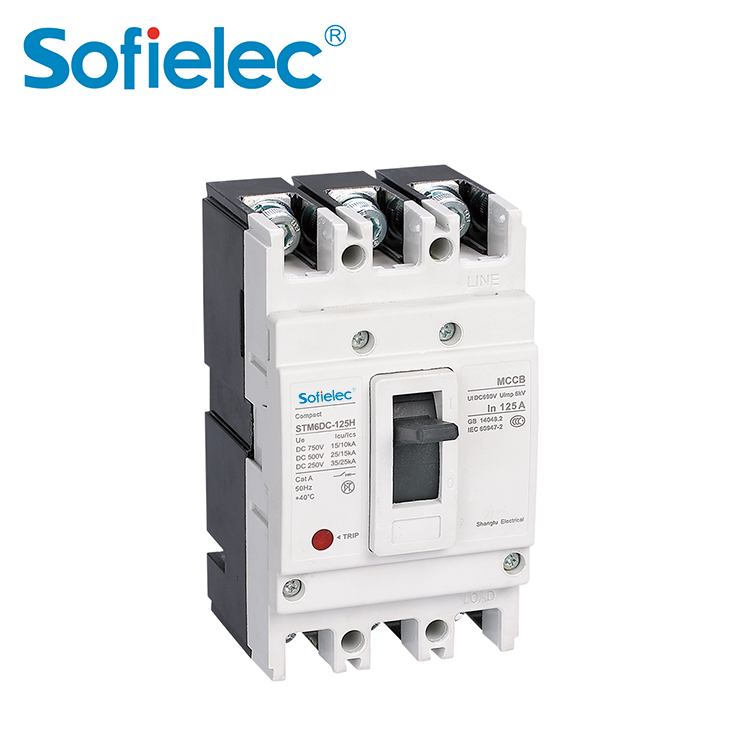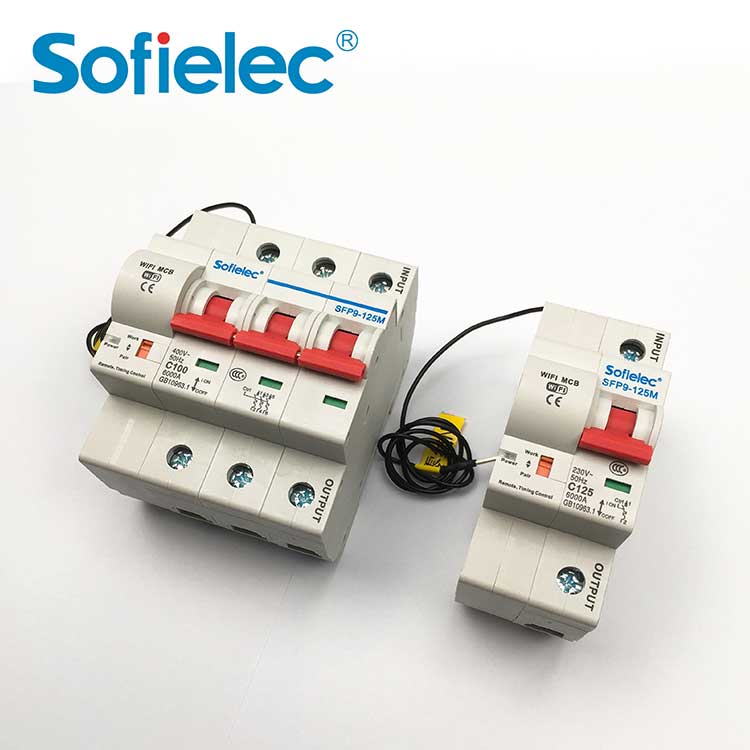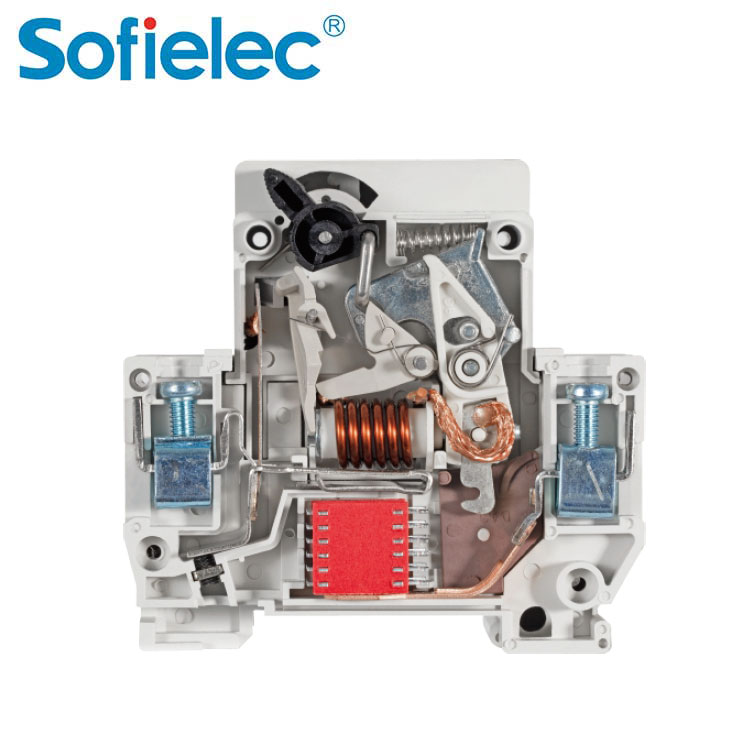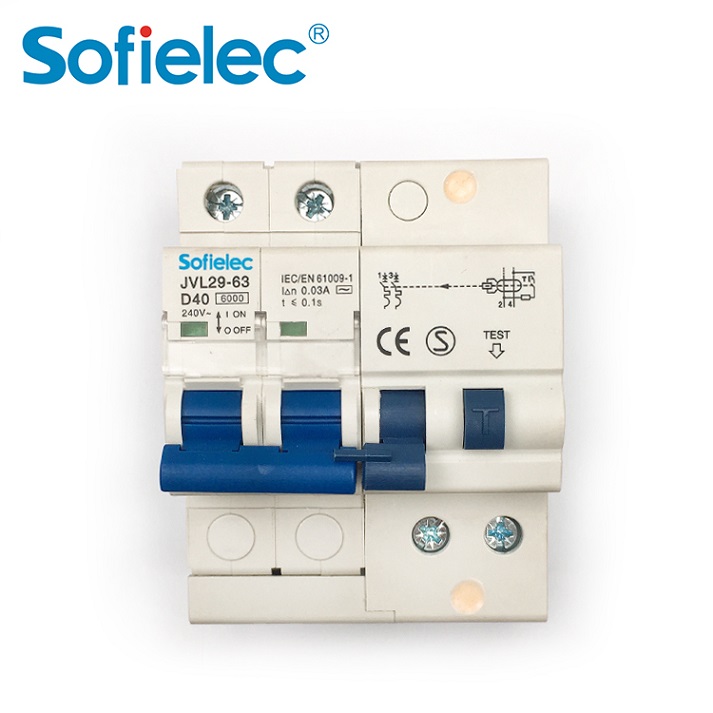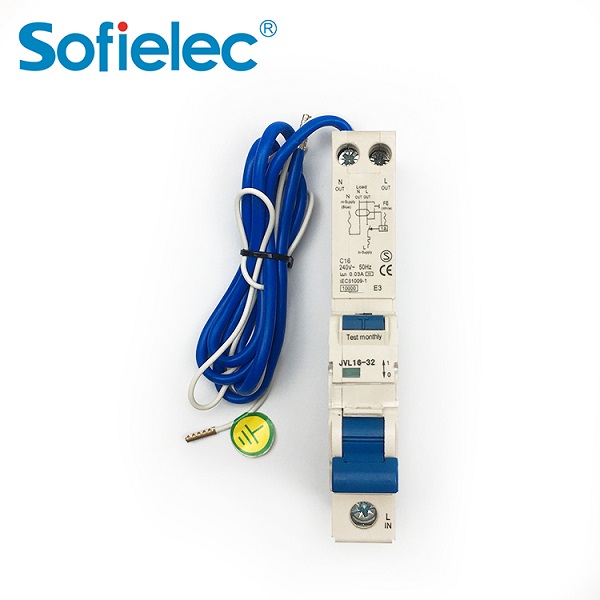What does MCCB mean?
MCCB stands for Molded Case Circuit Breaker. It is a type of circuit breaker that is commonly used in electrical distribution systems to protect electrical circuits and equipment from overloads, short circuits, and other electrical faults.
MCCBs are designed with a molded case, typically made of a durable and flame-resistant material like molded plastic or molded epoxy. This case houses the internal components of the circuit breaker and provides insulation and protection.
MCCBs operate based on the principle of thermal-magnetic tripping. They have both thermal and magnetic elements that detect and respond to different types of electrical faults:
-
Thermal trip element: The thermal element of an MCCB responds to overcurrents caused by sustained overloads. It measures the temperature rise in the circuit and, if it exceeds a pre-set threshold, the thermal trip element opens the circuit breaker to interrupt the flow of current.
-
Magnetic trip element: The magnetic element of an MCCB responds to short-circuit currents. It detects the sudden increase in current caused by a short circuit and quickly opens the circuit breaker to interrupt the fault.
MCCBs are available in various current ratings and breaking capacities to suit different electrical systems and applications. They are typically used in commercial, industrial, and residential settings to protect circuits and equipment such as motors, generators, transformers, and distribution panels from electrical faults.
It's important to note that MCCBs are different from other types of circuit breakers, such as Miniature Circuit Breakers (MCBs) or Air Circuit Breakers (ACBs), in terms of their design, size, and application. MCCBs are generally larger and have higher current ratings compared to MCBs, which are commonly used for residential applications.

